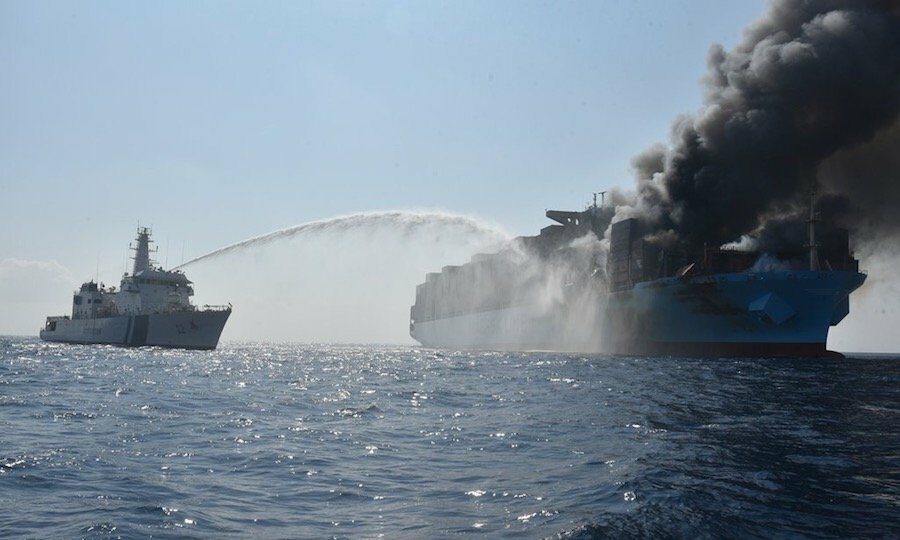New Regulations for Charcoal Shipments

Charcoal shippers are facing a significant shift in regulations this year. The World Shipping Council (WSC), a prominent liner lobby group, has announced that carriers will begin to implement stricter rules for charcoal shipments. These changes come in response to a troubling trend of fires on containerships caused by improperly handled charcoal. The International Maritime Organisation (IMO) has taken action by amending the International Maritime Dangerous Goods (IMDG) Code. Starting in 2025, all charcoal must be declared and transported as dangerous goods. This new classification will become mandatory in 2026, ensuring that safety measures are in place to protect vessels, crew, and cargo.
Understanding the Risks of Charcoal Shipments
Charcoal has been linked to numerous fires on containerships over the past eight years. Reports indicate at least 68 incidents where improperly handled charcoal ignited fires. The primary reason for these fires is the self-heating property of charcoal. When charcoal is stored while warm or hot, it can undergo an oxidation process that generates heat. If the heat produced exceeds the heat lost through natural cooling, the temperature of the charcoal continues to rise. This phenomenon can lead to dangerous situations on board vessels.
A study conducted by Burgoynes, a consultancy specializing in maritime safety, highlights the risks associated with charcoal shipments. The findings emphasize the need for stringent regulations to mitigate these dangers. The new rules will require charcoal to undergo specific weathering processes after production. Additionally, it must not exceed a temperature of 40°C on the day of packing. Furthermore, a 30 cm gap must be maintained between the cargo and the top of the container to allow for proper ventilation. Bulk shipments in containers will remain prohibited to reduce the risk of fire.
Implementation of New Safety Standards
The WSC, in collaboration with IGP&I and TT Club, has developed a reference guide to help producers, handlers, and shippers navigate these new regulations. This guide outlines the key changes that will take effect this year and offers recommendations for compliance. Joe Kramek, president and CEO of the WSC, expressed the urgency of implementing these regulations. He stated, “We’ve seen too many preventable fires onboard vessels caused by improper handling of charcoal.” Kramek emphasized that treating all charcoal as dangerous goods will create uniform safety standards across the industry.
The introduction of these regulations marks a crucial step toward enhancing safety in maritime shipping. By ensuring that all stakeholders—from shippers to carriers—understand and adhere to the new rules, the industry can work together to prevent future tragedies. The WSC is optimistic that these changes will lead to safer shipping practices and protect the lives of crew members and the integrity of cargo. As the shipping industry adapts to these new standards, the focus remains on preventing fires and ensuring the safety of all involved in the charcoal supply chain.
